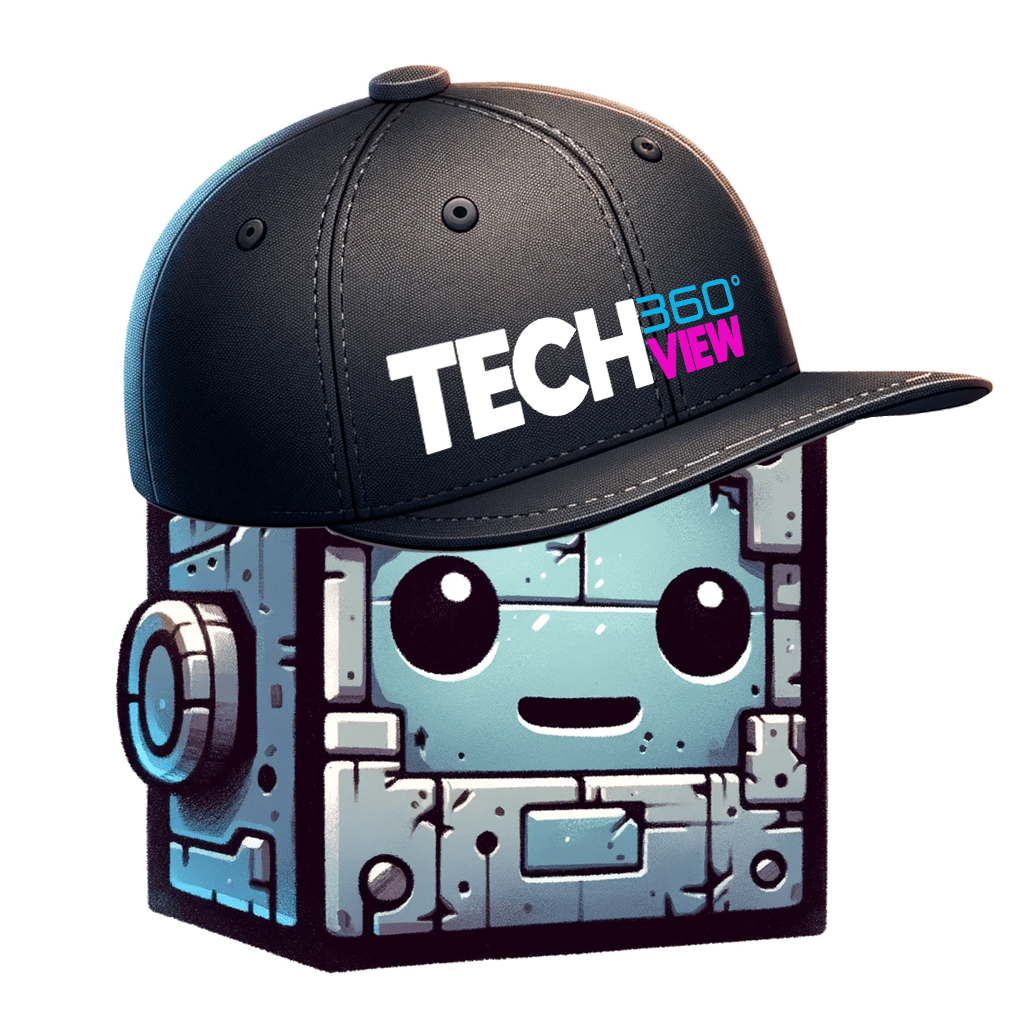

Key Points:
- Zapier: Over 6,000 integrations, up to 100 free monthly tasks, and custom pricing.
- Make: Low-code approach, thousands of free templates, and various pricing plans.
- Monday: Visually appealing workflow builder, strong reporting features, and flexible pricing.
The Top 5 Most Popular Workflow Automation Platforms in 2024
In today’s fast-paced business environment, efficiency and automation are key to staying ahead of the competition. Workflow automation tools have become essential for organizations of all sizes, helping streamline processes, reduce errors, and enhance collaboration. Here, we will delve into the top 5 most popular workflow automation platforms, highlighting their strengths, free vs paid features, and user preferences.
1. Zapier
What Makes Zapier Good?
Zapier stands out as one of the premier workflow automation tools due to its robust integration capabilities. With over 6,000 prebuilt integrations, it seamlessly connects various apps, automating tasks without the need for extensive coding knowledge. Its ease of use reduces manual intervention, making it a favorite among users.
Free vs Paid Features:
- Free: Up to 100 monthly tasks
- Paid: Custom pricing plans available for more advanced features and integrations
- Free: Up to 1,000 monthly operations
- Paid:
- Free: Basic features
- Paid:
- Custom Pricing: Workato offers tailored pricing plans based on the specific needs of the organization.
- Free: Limited features
- Paid: Custom pricing plans available for more advanced features and integrations
- Zapier: Visit Zapier
- Make: Visit Make
- Monday: Visit Monday
- Workato: Visit Workato
- Relay.app: Visit Relay.app
User Favorite: Zapier is often cited as a top choice for its comprehensive set of integrations and high levels of customizability in all tiers.
2. Make
What Makes Make Good?
Make is another powerful workflow automation platform, known for its visual capabilities and low-code approach. It allows teams to automate various processes such as lead generation, candidate hiring, and operations management with ease. The platform offers thousands of free workflow automation templates, making it accessible to users with minimal coding knowledge.
Free vs Paid Features:
– Core: $9 per month
– Pro: $16 per month
– Teams: $29 per month
– Enterprise: Custom pricing
User Favorite: Users love Make for its limited requirement of coding knowledge and the flexibility it offers in designing powerful workflows.
3. Monday
What Makes Monday Good?
Monday is ideal for remote teams, offering a visually captivating way to organize workflows. Its workflow builder allows users to create blocks and correlate them with specific aspects of their workflows. For instance, it can automate resume screening to filter out candidates who don’t meet minimum requirements. Monday provides strong reporting features to improve workflows and is accessible on both iOS and Android devices.
Free vs Paid Features:
– Basic: $9 per seat per month
– Standard: $12 per seat per month
– Pro: $19 per seat per month
– Enterprise: Custom pricing
User Favorite: Monday users find the platform extremely useful for managing workflows without confusion and delays, especially in remote teams.
4. Workato
What Makes Workato Good?
Workato is an enterprise-grade workflow automation platform designed for IT teams. It increases productivity by reducing the need to juggle through spreadsheets. Workato’s ready-to-flow plans help teams automate and visualize functions with minimal effort. If those plans don’t fit the needs, the team helps build custom workflows from scratch.
Free vs Paid Features:
User Favorite: While detailed user reviews are not provided, Workato is known for its robust enterprise capabilities and built-in collaboration features, making it a preferred choice for complex automation needs.
5. Relay.app
What Makes Relay.app Good?
Relay.app is highlighted as the most modern and easiest-to-use automation tool, offering excellent support for AI and human-in-the-loop workflows. It provides an elegant and clean design, making it simple and intuitive for less technical users to set up workflows quickly and easily. The platform includes features like flow control basics, utilities like data transformation, and multiplayer collaboration.
Free vs Paid Features:
User Favorite: Relay.app is the favorite of users looking for an easy-to-use product with the best value, especially those needing AI support in their workflows.
Conclusion
Each of these top 5 workflow automation platforms offers unique strengths that cater to different organizational needs. Whether you’re a small business or a large enterprise, there’s a platform that can help streamline your processes and enhance collaboration. Here are the links to each platform for further exploration:
By choosing the right workflow automation tool, businesses can save time, reduce errors, and focus on strategic growth.

